The Smell We’d All Rather Ignore
Living with cats is full of purrs, head-butts, and that glorious moment when they choose your lap, but let’s be real. No one talks about the sneaky enemy lurking in the corner: the dreaded litter box smell. The strong smell of ammonia can be overwhelming when you enter a room. A strange odor that lingers can also be difficult to handle. These smells can put a strain on even the closest relationships.
The good news is this doesn’t have to be your normal. Odor isn’t something you just learn to live with. Once you know what’s causing it, there’s a lot you can do to fix it. Let’s take a closer look at the most common reasons cat litter boxes start to stink and what you can do to keep things fresher for both you and your cat.
The Real Reasons Your Cat’s Litter Box Smells
Not Cleaning Often Enough
This one’s probably not surprising. If the litter box isn’t scooped regularly, odor builds up fast. Cat urine breaks down and releases ammonia, which is what gives that strong chemical smell. And the longer it sits, the more bacteria grow in the box, making everything worse.
It’s been shown that bacteria from cat urine can start multiplying rapidly after just one day. That means skipping even a single cleaning session can start a chain reaction that makes the whole box a lot harder to deal with.

Choosing the Wrong Litter
Not all litter works the same way. Bentonite clay, tofu litter, and crystal litter each absorb differently. The problem is that lower-quality options often let odors escape quickly. They also fail to form proper clumps, so waste stays longer than it should.
Some of the cheaper litters on the market might look like a bargain, but end up costing you in daily discomfort. Investing in a better-performing litter often makes the entire experience easier.
| Litter Type | Odor Control Strength | Watch Out For |
| Clumping Clay | High (if premium) | Dust, tracking |
| Silica Crystals | Excellent for ammonia | Gritty feel some cats dislike |
| Tofu/Natural | Eco-friendly but variable | May need daily full changes |
The Box Itself Is Causing Trouble
If your litter box is made from plastic, over time, it’s going to scratch. Those tiny scratches hold onto bacteria and smells. After a while, the box starts to carry a permanent odor that never fully goes away.
The shape of the box matters too. Open-top boxes allow smells to spread through the room more freely, while closed-top ones tend to trap the smell inside. That can make scooping unpleasant for you and potentially uncomfortable for your cat as well.
What Your Cat Eats Shows Up Later
Your cat’s diet has a bigger impact on litter box odor than many people realize. If your cat eats food that’s hard to digest or full of cheap fillers, it often leads to stronger-smelling poop. It might also change the consistency, making it more likely to stick to the litter box and less likely to get fully covered.
Switching to higher-quality food that’s easy to digest can help regulate digestion and reduce the intensity of the smell. It won’t happen overnight, but it’s worth considering if everything else seems in order.
Underlying Health Issues
Sometimes odor is trying to tell you something more serious. If your cat’s litter box smells dramatically worse than usual and nothing has changed in their diet or routine, it could be a health issue. Infections, kidney problems, or even diabetes can all cause urine and stool to smell stronger or different from usual.
Strong ammonia scent, sweet-smelling urine, or foul-smelling diarrhea are all signs that a vet visit might be needed. A change in odor is often one of the first ways your cat’s body communicates that something’s off.

Not Enough Litter
This one is easy to overlook. If the layer of litter in the box is too shallow, it doesn’t trap urine or cover feces well enough. Waste stays exposed and releases more odor into the air.
A good rule of thumb is to keep the litter at least two or three inches deep. That way, your cat can dig and cover properly, and the litter has a chance to do its job.
The Wrong Spot for the Box
Sometimes the environment makes the odor worse. If your litter box is placed in a humid room or a tight corner with no ventilation, smells tend to hang around. Without airflow, moisture builds up, making it harder for the litter to dry out between uses.
If possible, place the litter box in a well-ventilated area. It helps both with odor control and with encouraging your cat to use the box comfortably.
Your Game Plan for a Fresher Home
Master the Cleaning Routine
Scoop the litter at least once a day. It makes more of a difference than most people realize. Set a schedule and stick to it.
Once a week, dump the entire box and wash it with warm water and a mild, unscented soap. Skip the bleach or strong cleaning agents. Cats are sensitive to smell and leftover chemicals can irritate their skin and nose. Once a month, check for scratches or wear and consider replacing older boxes.
Bring in Backup
Sometimes the litter box needs a little help. Smart Deodorizer can be placed near the box to neutralize odors more effectively. These gadgets help clean the air around the litter area without introducing strong scents that bother your cat.
Some even work automatically and offer refill packs that keep the system going without much effort.

Upgrade the Box
If you’re still using a standard plastic box, it might be time for a switch. Stainless steel boxes resist odor and are easier to keep clean. They don’t scratch like plastic and don’t hold on to smells.
For a more high-tech approach, smart litter boxes with ventilation or built-in odor control features are becoming more accessible. They’re especially helpful for homes with limited space or multiple cats.
Feed for Better Digestion
High-quality food leads to better digestion and less offensive waste. Look for food with real meat as the first ingredient, minimal fillers, and no artificial additives. If your cat tends to leave particularly strong smells behind, a switch in diet may be part of the solution.
Don’t forget hydration. A cat that drinks more water will typically have milder-smelling urine. Wet food or a pet water fountain can help encourage better water intake.
Pay Attention to Changes
Odor isn’t always just a cleanliness issue. If something smells off and it came on suddenly, don’t ignore it. Watch for any signs of discomfort, changes in urination, or strange behavior near the litter box.
Being aware and acting early can prevent bigger health issues later on.

For readers who want even more practical ideas to keep smells at bay, here are several simple ways to reduce litter box odor that you can start using today.
Frequently Asked Questions About Reducing Cat Litter Box Odor
Q1: Can I clean the litter box with bleach?
No. Bleach can create toxic fumes when mixed with ammonia from cat urine. It’s also too harsh for most cats’ senses.
Q2: Does baking soda help?
Yes, lightly sprinkling it at the bottom of the litter box can help absorb odor. Just be careful not to use too much.
Q3: How can I reduce odor in a multi-cat home?
Use one litter box per cat, scoop more frequently, and consider adding a deodorizer or upgrading your litter.
Q4: Why did my cat stop using the box?
Strong odor, box placement, or even health concerns can all lead to avoidance. First, rule out cleanliness, then check with a vet if it continues.
Wrapping It Up
Odor doesn’t have to be the price you pay for living with a cat. Most litter box smells come down to a few simple habits, a couple of smart product choices, and staying observant. If you clean regularly, use the right litter and box, and pay attention to your cat’s behavior, things stay manageable.
A clean home makes a happy cat. And your nose will thank you for it, too.






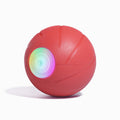



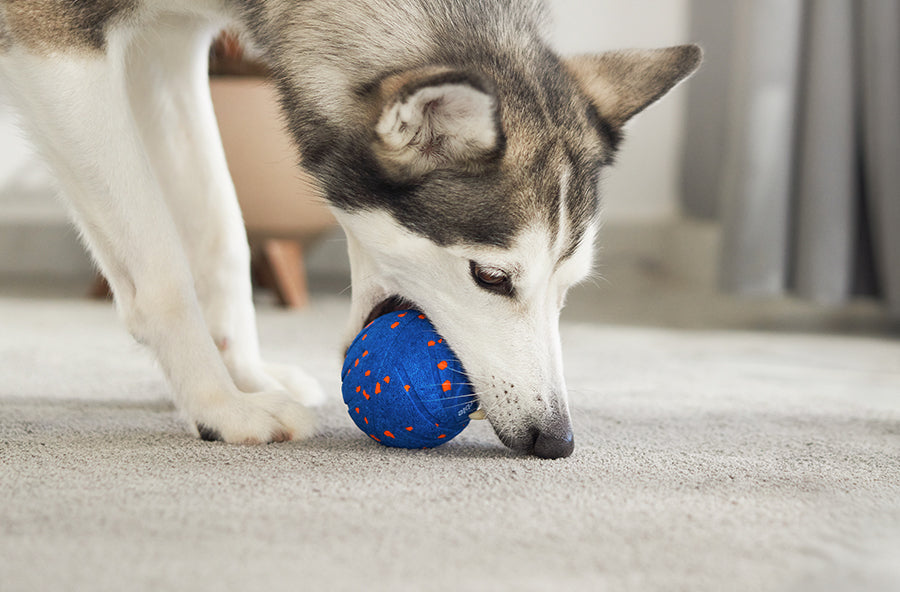
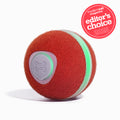
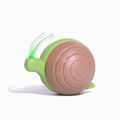

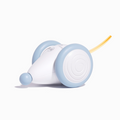
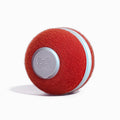

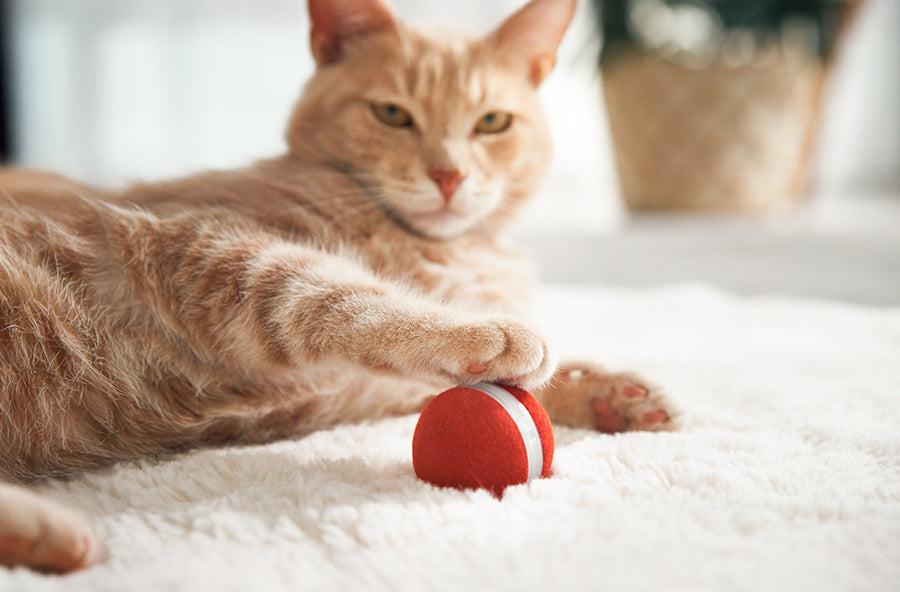
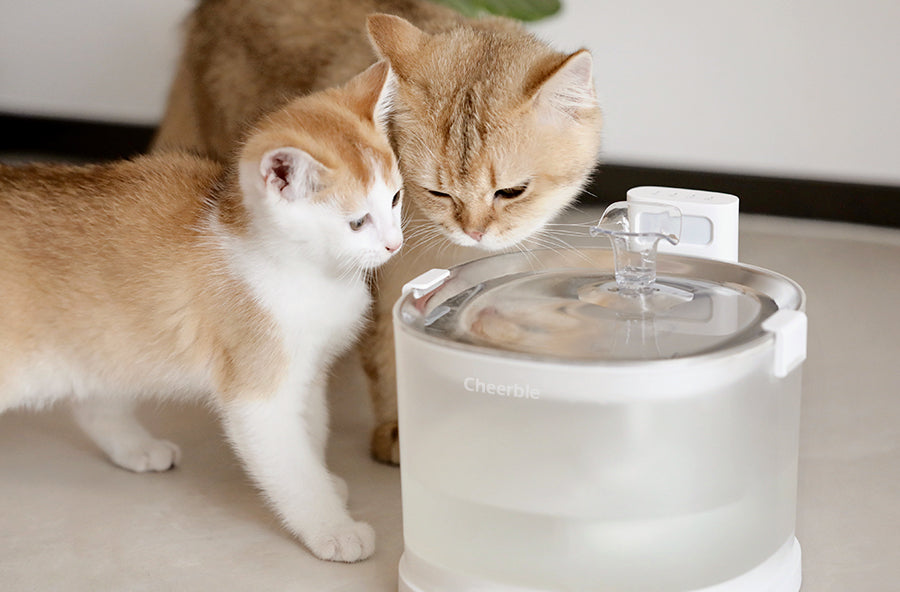
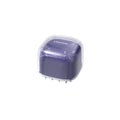
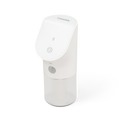
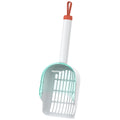
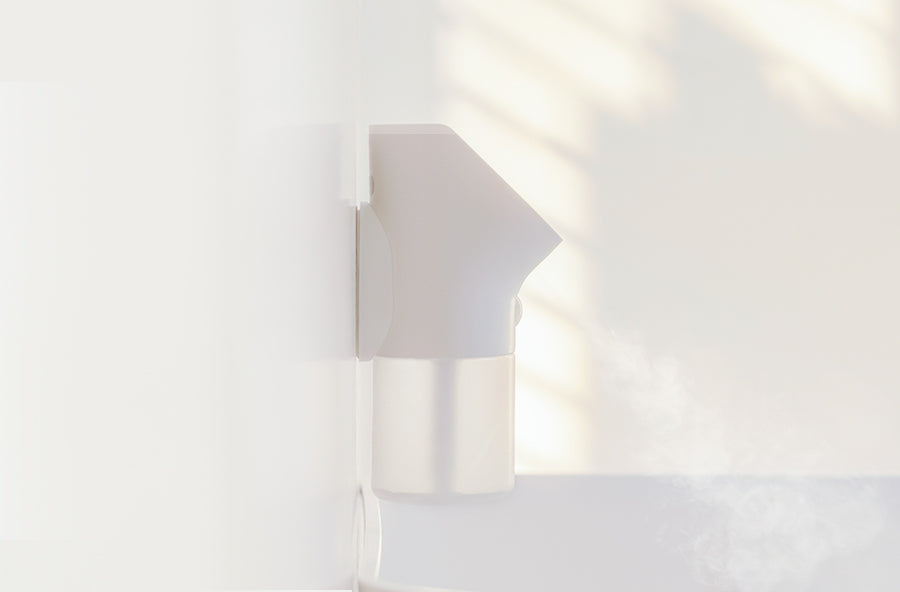
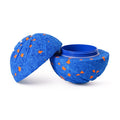

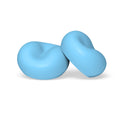
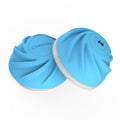
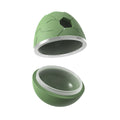
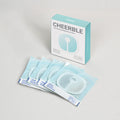
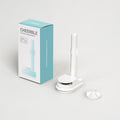
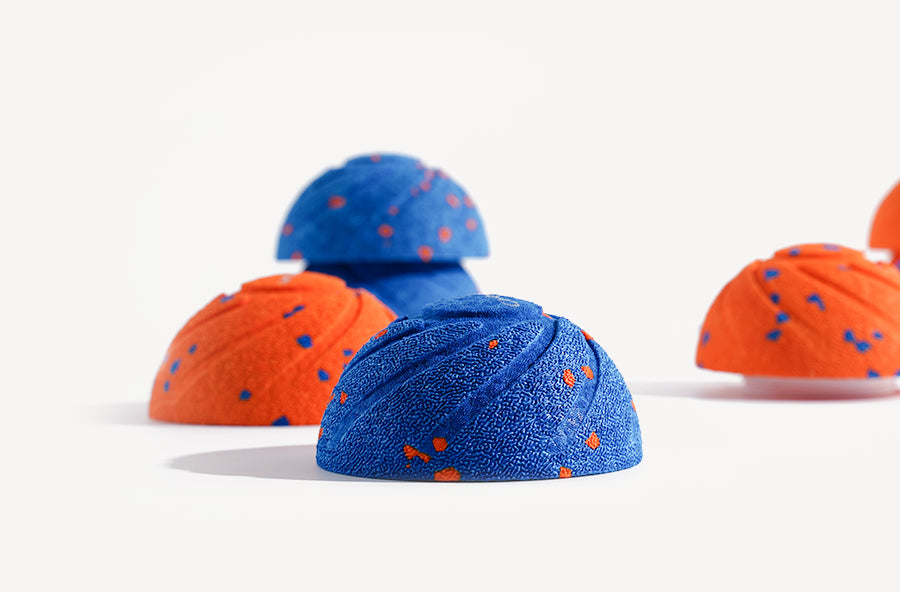

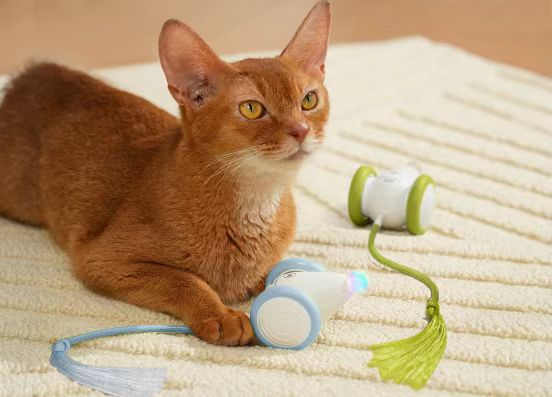

Laisser un commentaire
Tous les commentaires sont modérés avant d'être publiés.
Ce site est protégé par hCaptcha, et la Politique de confidentialité et les Conditions de service de hCaptcha s’appliquent.